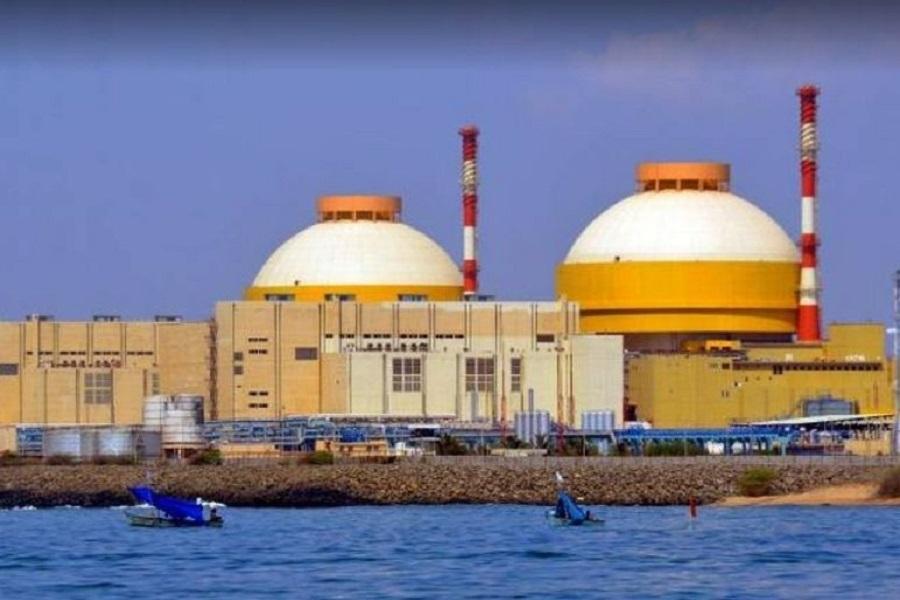
Centre Reviews 100 GW Nuclear Mission to Boost Clean Energy Goals
The Indian government has recently taken a significant step towards achieving its ambitious target of expanding the country’s clean energy basket. Union Power Minister Manohar Lal Khattar and Minister of State for Atomic Energy, Dr. Jitendra Singh, convened a high-level meeting to review the 100 GW Nuclear Energy Mission. This meeting is a crucial step towards realizing Prime Minister Narendra Modi’s vision of achieving Net Zero emissions and reducing the country’s dependence on fossil fuels.
The 100 GW Nuclear Energy Mission is a crucial component of India’s clean energy strategy, aimed at reducing the country’s reliance on fossil fuels and mitigating climate change. The mission is expected to play a vital role in achieving the country’s goal of generating 40% of its electricity from non-fossil fuels by 2030. The meeting was attended by senior officials from the Ministry of Power, Ministry of New and Renewable Energy, and the Department of Atomic Energy, among others.
During the meeting, the centre outlined key directives towards achieving the 100 GW Nuclear Energy Mission. The directives included accelerating the construction of new nuclear power plants, upgrading existing ones, and increasing the share of nuclear power in the country’s energy mix. The centre also emphasized the need for indigenous development of nuclear reactors, fuel cycle facilities, and other related infrastructure.
The centre’s efforts to boost nuclear energy production are expected to have a significant impact on the country’s energy security and the environment. Nuclear power is a low-carbon source of energy, producing no greenhouse gas emissions during operation. This makes it an attractive option for countries looking to reduce their carbon footprint and meet their climate change mitigation targets.
India’s nuclear power capacity has been growing steadily over the years, with the country currently having a capacity of around 6.7 GW. The centre’s goal of achieving 100 GW nuclear power capacity by 2030 is ambitious, but achievable, given the country’s progress in nuclear energy development and the government’s commitment to the mission.
The centre’s efforts to boost nuclear energy production are also expected to create new job opportunities and stimulate economic growth. The nuclear energy sector is a significant employer of skilled professionals, and the expansion of the sector is likely to create new job opportunities in the coming years.
The centre’s review of the 100 GW Nuclear Energy Mission is a critical step towards achieving its clean energy goals. The mission is expected to play a vital role in reducing the country’s dependence on fossil fuels, mitigating climate change, and promoting sustainable development.
In conclusion, the centre’s review of the 100 GW Nuclear Energy Mission is a significant step towards achieving India’s clean energy goals. The mission is expected to play a vital role in reducing the country’s dependence on fossil fuels, mitigating climate change, and promoting sustainable development. The centre’s efforts to boost nuclear energy production are expected to have a significant impact on the country’s energy security and the environment, and are likely to create new job opportunities and stimulate economic growth.






